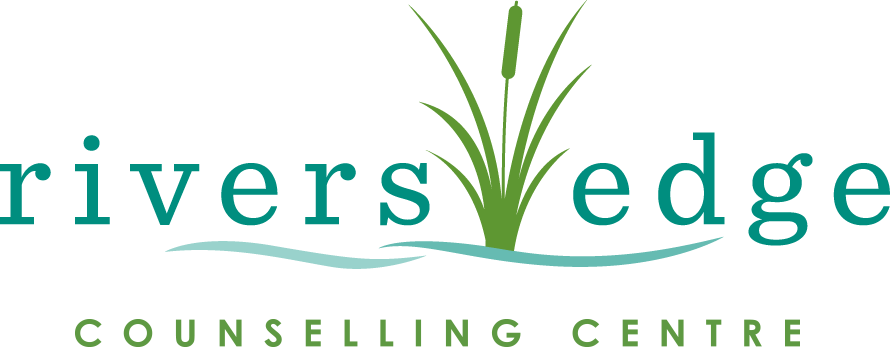Therapists at Rivers Edge Counselling Centre rely on the Feedback Informed Treatment (FIT) method to ensure excellence in care, that clients meet their goals, and to optimize the therapeutic experience. Feedback Informed Treatment (FIT) is a method of treatment monitoring that allows clinicians to gather real-time input from clients using structured yet flexible measures to help identify what is and isn't working in therapy. FIT gives clients a voice and the therapist the tools to hear it. Using the tools of FIT, and the My Outcomes software, in particular, clients and therapists can check that the client is getting the most from their sessions.
The FIT model allows for monitoring of the client's overall well-being, the process of therapy itself, and ensures that the therapeutic relationship is a good fit. Many factors determine a good fit between therapists and clients. Some are obvious like the clientele a therapist works with (children, couples, etc.) and area of focus. Other determinants of good therapist/ client fit are harder to pinpoint, things like personality styles, theoretical orientation, and preferred treatment modality. FIT using My Outcomes makes sure that some of these harder to identify determinates of a good relationship are in harmony and that the client feels like the relationship they have with their therapist is a healthy and productive one.
FIT is based in clear scientific research that shows that therapy can be more effective when clients give feedback about their progress and their sessions. Studies show that this type of client engagement in their treatment can boost efficacy, reduce treatment time, enhance the client's well-being and reduce drop-out rates and no-shows. (Miller, Duncan, Brown, Sorrell, Chalk, 2006; Reese, Norsworthy & Rowlands, 2009)
Giving feedback using FIT is simple to do and only requires a couple minutes of time at the beginning and end of the sessions. The client gives feedback through two ratings scales: The Outcome Ratings Scale (ORS) and the Session Ratings Scale (SRS). Each scale contains four items. The ORS is given at the beginning of the session and relates to the client’s well-being. The ORS asks for the client to rate how well they’ve been doing in four areas of their lives: Individually, Interpersonally, Socially, and Overall. The SRS is given at the end of the session and relates to the therapist’s performance. The SRS consists of items like “do you feel heard, understood and respected?” and “was there something missing from the session today?” See an example of the ORS and SRS here.
The My Outcomes app is a simple, modern way to briefly complete the ORS and SRS and check in at the start and end of each session. Using these tools is a great way to leverage technology and data analytics to benefit both the client and the therapist in the long run. FIT using My Outcomes can empower clients and allow them to use their voices proactively to advocate on their own behalf and ensure that their therapy experience is as useful, targeted and as effective as possible.
REFERENCES & FURTHER READING
Does a Continuous Feedback System Improve
Psychotherapy Outcome?Feedback-Informed Treatment in Clinical Practice: Reaching for Excellence
What is FIT Deliberate Practice

